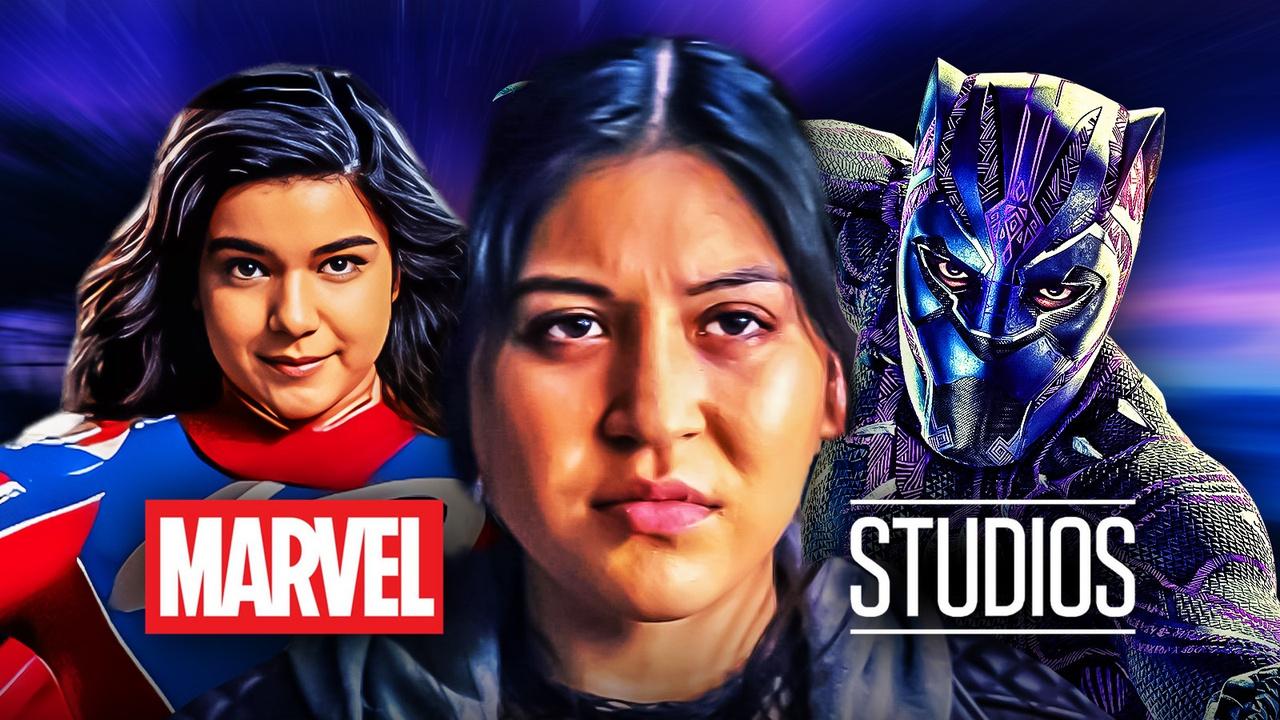
The MCU is filled with big characters with even bigger personalities. It's all there, from gods to aliens to tech billionaires in flying exoskeletons inspired by real-life people. This makes for great TV and entertainment, but sometimes, it feels a little too larger-than-life for most MCU fans.
With audiences tuning in from all over the world, it’s becoming increasingly important to create heroes and tell stories that feel closer to home. Thankfully, Marvel Studios recognizes this, pushing the envelope with stories and superheroes worldwide. While the MCU keeps expanding with its multiversal stories and realities, it's also important to embrace the world we live in. This shift gives audiences something new to experience: relatable heroes and Indigenous representation drawn from legends, mythologies, and cultures.
7 Most Culturally Grounded Characters in the MCU
Maya Lopez (Echo)
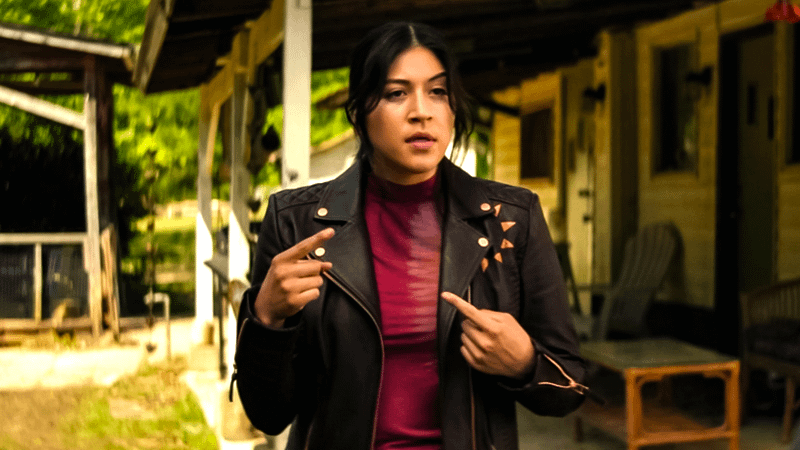
Maya Lopez (Echo) shows Marvel’s inclusivity and representation in so many ways. She was born deaf, just like her mother, and later lost one of her legs in the same accident that claimed her mom's life. As if that wasn’t enough, Maya was also raised by none other than Kingpin, Wilson Fisk, who molded her into a killer.
The 2024 Disney+ miniseries, Echo, gave fans a glimpse into the rich history and traditions of the Choctaw Nation. This Native American tribe initially occupied what is now Alabama, Florida, Oklahoma, and Louisiana. This is the first time that the Choctaw story of creation has been shown. Episode 3, "Tuklo," provided fans insight into the history of the Lighthorsemen, and other episodes closely showed snippets of festivals, lore, and beliefs tied to the Native American tribe.
T'Challa (Black Panther)

Black Panther portrays a futuristic, technologically advanced Africa that still has recognizable traditions, rituals, fashion, and several details hand-picked from across the continent. The film also features a predominantly African American cast.
With Chadwick Boseman's T'Challa as leader, Black Panther also reflects one of the major ways royalty is passed down in many African cultures through inheritance. T’Challa, one of Marvel’s Black superheroes, embodies what true African royalty would look like: a blend of honor, a deep desire to preserve culture, and love for his people.
The movie centers on African culture and identity, offering a refreshing and powerful reimagining of how African stories can be told and celebrated on the big screen.
Killmonger (N'Jadaka)
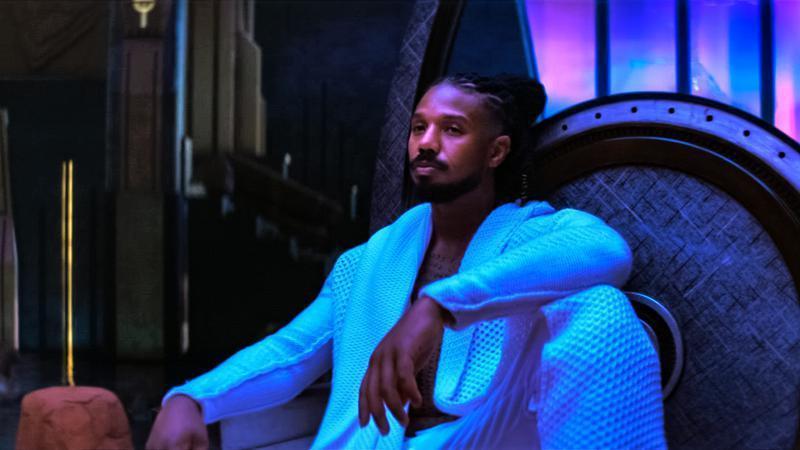
Killmonger, the sympathetic villain of Black Panther, went all out for the Wakandan throne, but his major motivation (just like his father’s) was his desire to do something about the oppression of Black people. Killmonger’s villainy is driven by his anger over Black oppression and injustice. It’s what makes his story feel raw, real, and painfully human.
When it comes to African American representation and storytelling, Killmonger’s arc feels powerful. It proves that Marvel Studios isn’t just about fantasy but also channeling real-world issues through its characters. This made Killmonger’s final words hit even harder when he said:
"Nah, just bury me in the ocean with my ancestors who jumped from ships, 'cause they knew death was better than bondage."
Kamala Khan (Ms. Marvel)
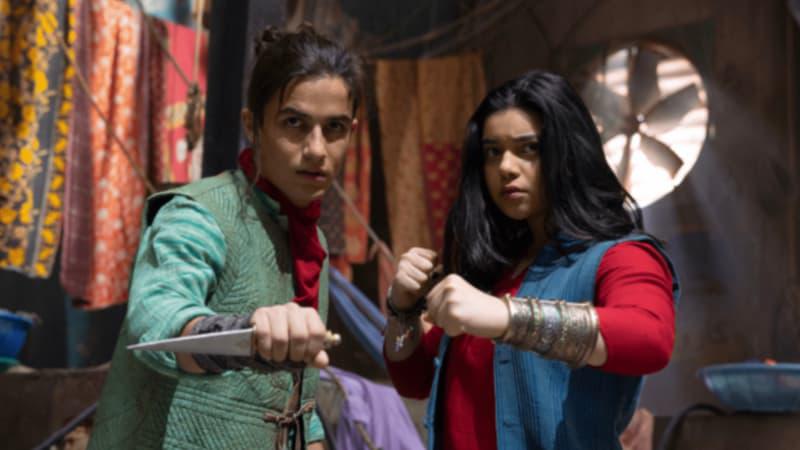
Not many Muslim superheroes have been seen in Hollywood, especially as leads in movies or TV series. Iman Vellani's Kamala Khan, however, stands out not just in Hollywood but also in the MCU. Before the premiere of the Ms. Marvel Disney+ series, the MCU had never featured a Muslim Pakistani-Indian superhero.
Kamala Khan’s story brought fresh representation to another minority group. It highlighted Pakistani and Indian culture, Islam, and the daily struggles of a Muslim teenager born to immigrant parents in America. At the same time, it captured the excitement and chaos of Kamala discovering her newfound powers.
In terms of storytelling, Ms. Marvel gave fans another look at history by exploring Kamala’s roots and connecting her superhero origin to real-world South Asian history, specifically the Partition of India, which took place in 1947. This connection adds depth to Kamala’s identity as a Pakistani-American teenager and balances heritage, faith, and heroism.
Kahhori
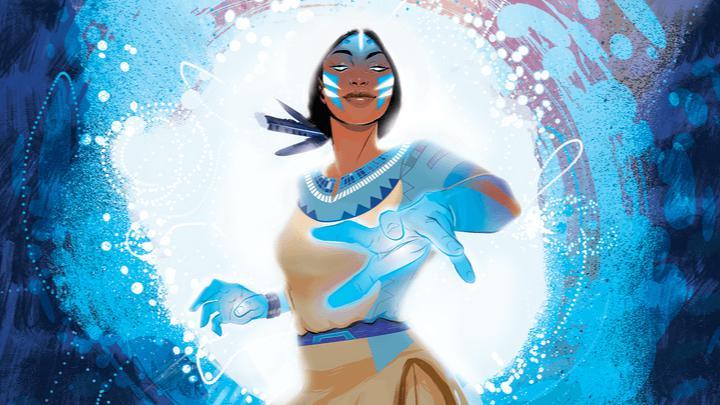
Kahhori won the hearts of fans when she was first introduced in Marvel’s animated series What If...? Season 2. She is a young Mohawk woman who went toe-to-toe with Doctor Strange Supreme and Peggy Carter’s Captain Britain and even succeeded in saving her reality from the mad sorcerer. She comes from a Native North American tribe whose historical homeland is in the Mohawk Valley of New York State, extending into southern Canada.
While Kahhori hasn’t had a major MCU feature yet, her appearance in What If...? and her comic debut make her a character to keep an eye on. In the meantime, many fans have their fingers crossed to see if this character makes a live-action debut.
Shang-Chi
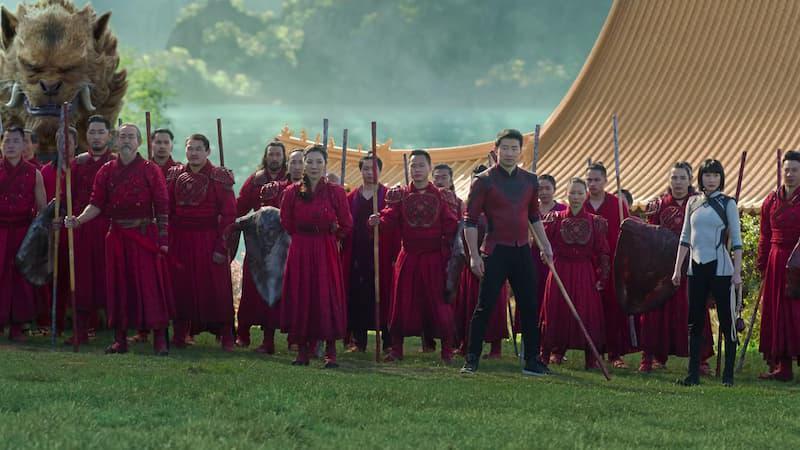
Shang-Chi and the Legend of the Ten Rings not only gave Marvel its first movie with a predominantly Asian cast, but it was also the first MCU film to star an Asian lead and the first film directed by an Asian filmmaker.
Going further into Asian representation, director Destin Daniel Cretton fully adopted wuxia to bring the story to life. Wuxia is a Chinese genre about martial artists and heroic warriors who follow a code of honor, use extraordinary skills, and live in secret societies in a historical fantasy setting. This comes through especially in characters like Shang-Chi and Xu Wenwu. Shang-Chi masters powerful kung fu and uses his skills to protect others while honoring his family.
The film’s fight scenes, where characters leap across rooftops, balance on bamboo scaffolding, and move with an almost magical grace, are straight out of wuxia cinema. They mirror the style seen in classic Chinese movies like Crouching Tiger, Hidden Dragon, Hero, and Swordsman I & II. It’s Marvel’s way of blending superhero action with the spirit of Chinese martial heroes.
Layla El-Faouly (Scarlet Scarab)
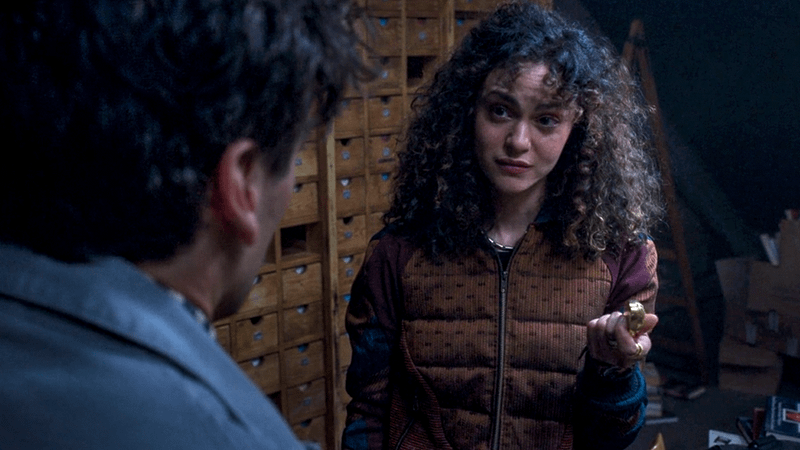
May Calamawy’s Layla El-Faouly was deliberately created for the Marvel Cinematic Universe to replace Marlene Alraune from Marvel Comics. The writers wanted to make the character Egyptian and connect her to her homeland. Interestingly, she was initially named Zayna Faoul.
Amid the chaos of Marc Spector and Steven Grant’s body-snatching and the ongoing battle with Arthur Harrow, Moon Knight took fans on an Egyptian adventure, exploring the country’s hidden treasure, mythology, and lore. When Layla became the avatar of the goddess Taweret, she fully embraced her powers and suited up as the Scarlet Scarab, marking her unforgettable MCU debut and making history.












